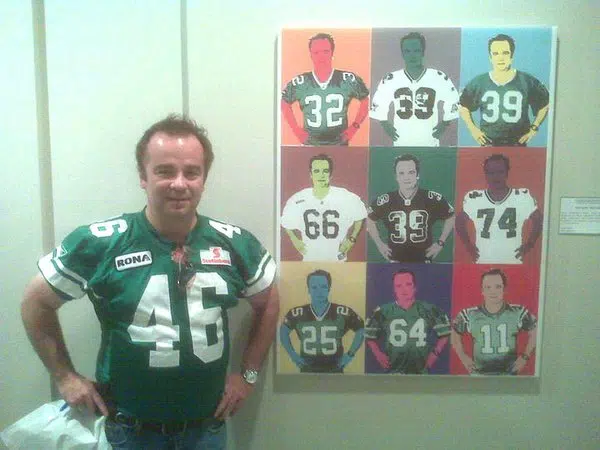
Shivers’ named Rider DC, chills out fans worried about D as Free Agent Frenzy hits!
As the CFL stands on the precipice of perhaps one of the most contentious and interesting free agent periods in league history, the Saskatchewan Roughriders on Friday appeared to have their house finally in order to concentrate on who will make up the team in 2019.
Jason Shivers was formally named the Riders defensive coordinator, after serving as the teams’ defensive back coach. Shivers has been slowly brought into the position by Jones, calling defensive signals in an exhibition game last year and apparently at various times during the season.
The internal hiring of Shivers was not unexpected, even though apparently the Riders may have interviewed Mike Benevedes for the position after he apparently interviewed for the head job. While Chris Jones left the Riders abruptly for the Cleveland Browns, short of his goal of winning a Grey Cup, Jones brought about a new base of talent, a new defensive philosophy and a new way of evaluating players.


